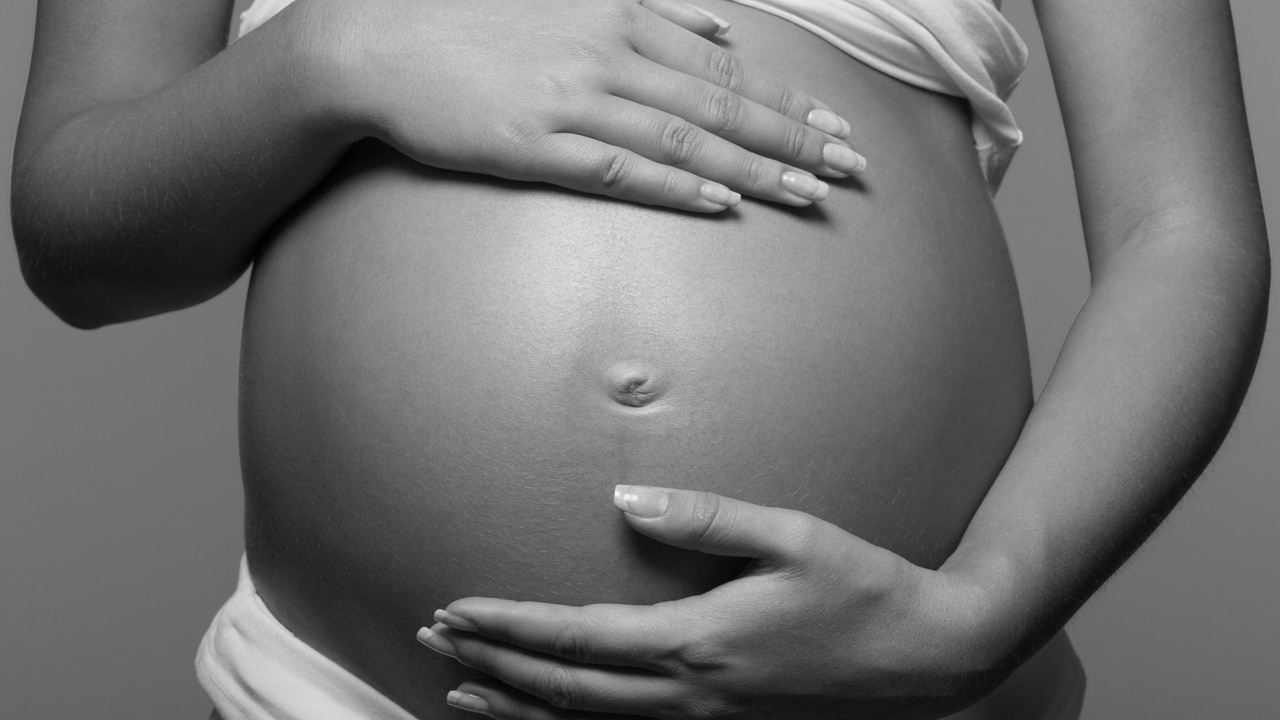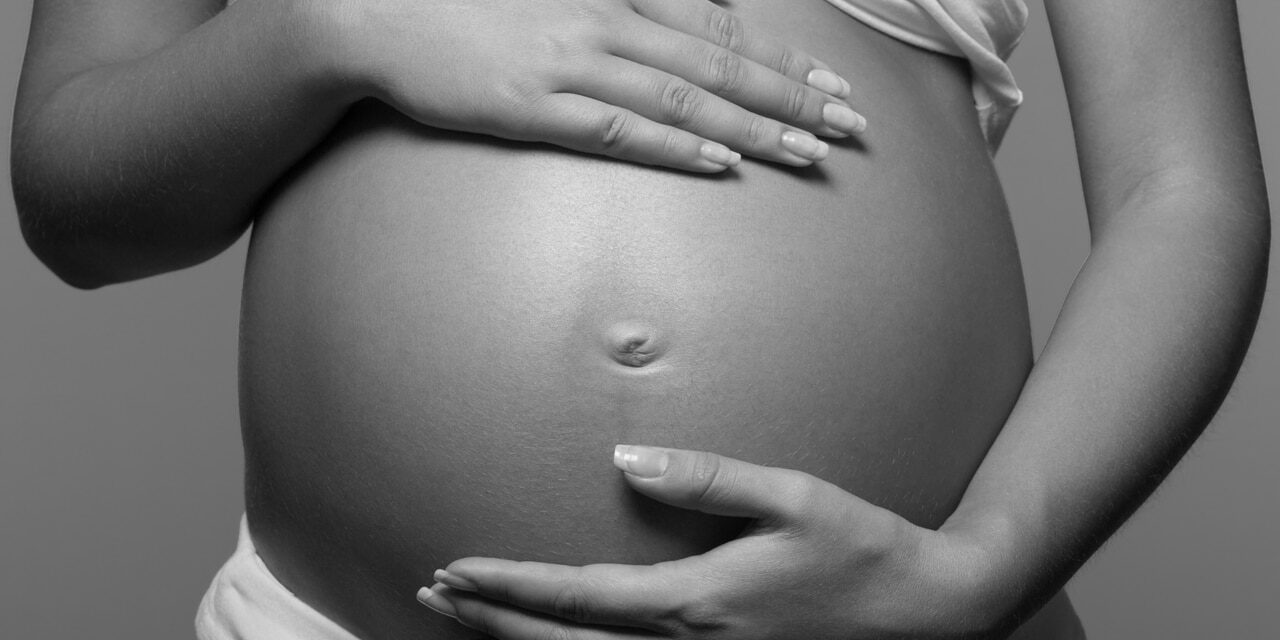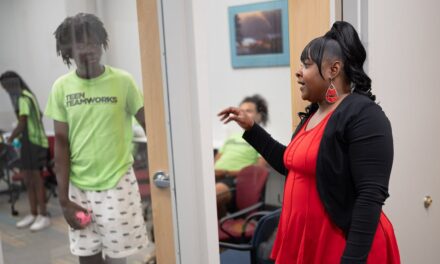
Alabama has the highest rate of mothers dying from pregnancy-related issues in the country, according to a report released Tuesday by the non-profit think tank Milken Institute.
Alabama’s overall maternal mortality rate is 64.63 deaths per 100,000 births, nearly double the national rate of 34.09. For Black women in Alabama, that number skyrockets to 100.07, which is much higher than the national average of 68.6. The United States maternal mortality rate is significantly higher than other developed nations. For example, Canada’s rate is around 8.4.
Milken Institute’s associate director of health economics Dr. Katherine Sacks, one of the report’s authors, said from 2018 to 2021, 150 Alabama mothers died.
“It’s important for people to know Alabama is really the heart of the crisis,” Sacks said. “So it starts at home. People really need to start thinking about proven policies to improve these statistics and work on making them happen in Alabama.” Alabama’s infant mortality rate is also one of the highest in the United States.
She said states that haven’t expanded Medicaid tend to have higher rates. Alabama is one of 10 states that hasn’t expanded Medicaid, which would provide care for more mothers during and after pregnancy.
States where abortion care is restricted also have higher maternal mortality rates because one critical training procedure for obstetrics certification, dilation and curettage (D&C), is restricted. The procedure involves dilating the cervix to remove abnormal tissue. Sacks said doctors use D&C for abortions but also for miscarriages.
“In states where reproductive health care is under attack, it becomes harder to practice,” Sacks said. “It’s harder to train obstetricians in states that don’t allow doctors to perform D&Cs.”
Other factors for the increase include the COVID-19 pandemic, older women having children, and the need for rural mothers to travel farther for care.
Sacks said she has been contemplating how to get more people to care about this topic and advocate for change for years. She said celebrities like Serena Williams sharing her pregnancy complications story brought a lot of awareness to the issue. When she was in graduate school, an advisor asked her if maternal mortality was even a problem in the United States.
“Seven or eight years ago, it’s something that people maybe aren’t aware of,” Sacks said. “And particularly, they can hear we’re doing worse than our peers, but I don’t think they know just how much worse.”




